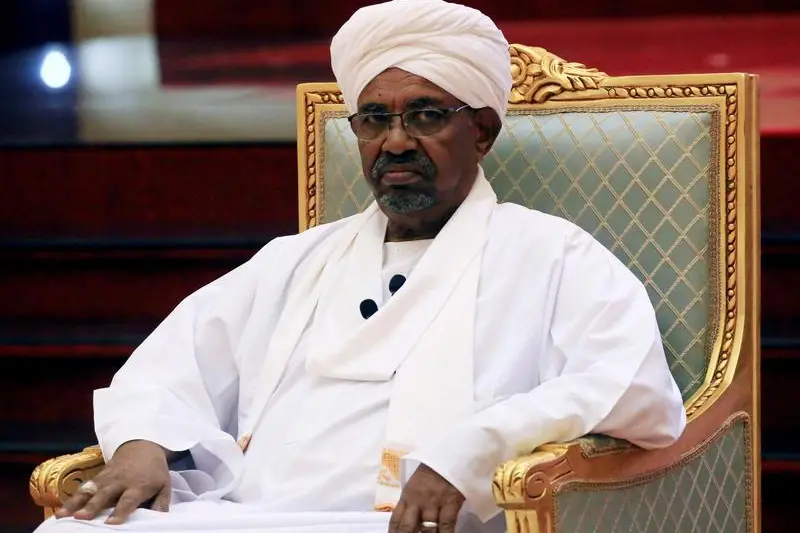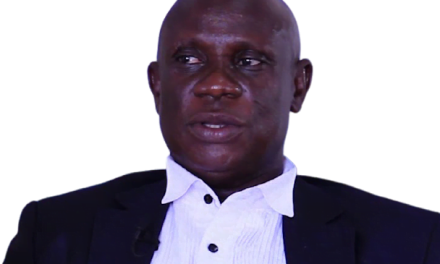
Sudan: Omar Al-Bashir Moved To Military Hospital3 min read

Army officials said Sudan’s former dictator was transferred to a military hospital just before fighting broke out. He remains in police custody alongside other former officials.
Sudan’s jailed former strongman Omar al-Bashir is being held in a high-security military hospital, the country’s army said on Wednesday after speculation on his whereabouts.
The military said Bashir and around 30 other detainees at Kober Prison in Khartoum were moved to the nearby Aliaa Military Hospital before the fighting broke out on April 15.
Bashir and the others were relocated on the advice of the prison’s medical staff “due to their health conditions,” the army added.
Officials said he remains in police custody.
Questions arose over Al-Bashir’s whereabouts after a former minister in his government, Ali Haroun, announced on Tuesday that he had left the prison with other former officials amid fighting between the army and the Rapid Support Forces paramilitary (RSF).
The Interior Ministry had also accused the RSF of breaking into multiple prisons to free detainees, allegedly including Bashir.
Some opposition figures like Yassir Arman said claims about Bashir being freed is a call to widen the war.
“It is the opposite of what the Sudanese, the region and the internationals want,” Arman said.
War raging between Bashir’s proteges
Bashir was ousted by mass protests in 2019 after almost 30 years of authoritarian rule in Sudan.
The former president was subsequently convicted of corruption and money laundering and was sentenced to two years in prison. He remains on trial for the coup that brought him to power in 1989.
Analysts say the power structures that underpinned Bashir’s authoritarian rule are largely intact.
The leaders of the two warring factions — army chief Abdel Fattah al-Burhan and RSF leader Mohamed Hamdan Dagalo, more commonly known as Hemeti — served under him in the past.
Who is Omar al-Bashir?
Bashir came to power after a coup in 1989 and proclaimed himself president in 1993.
He also served as prime minister, defense minister and commander of the reformed armed forces.
Bashir moved quickly to tighten his grip on power: ambitious military officers were executed, opposition parties were banned and independent newspapers were shut down
The leader openly supported a militant interpretation of Islam and invited al-Qaida leader Osama bin Laden to open a training camp in the country in the early 1990s, until international pressure forced him to expel bin Laden in 1996.
In 2003, Bashir was accused of genocide and crimes against humanity in Darfur. His government permitted the Janjaweed militia to attack the region’s non-Arab population. The Janjaweed, led by Hemeti, would later be turned into the semi-official RSF paramilitary.

The International Criminal Court in The Hague released an arrest warrant for Bashir in 2008 for genocide in Darfur.
Bashir called on his supporters within the Arab League to protect him against what he called a “white” and “racist” justice system.
His plan worked and was able to evade the arrest warrant, since many African and Arab states wouldn’t execute it.
In turn, in 2014, the chief prosecutor, Fatou Bensouda, told the UN Security Council she would have to stop her investigation.
Calls to turn Bashir over to the ICC continue.
Kerstin Knipp contributed to this report
zc/wd (AP, Reuters, AFP)



















